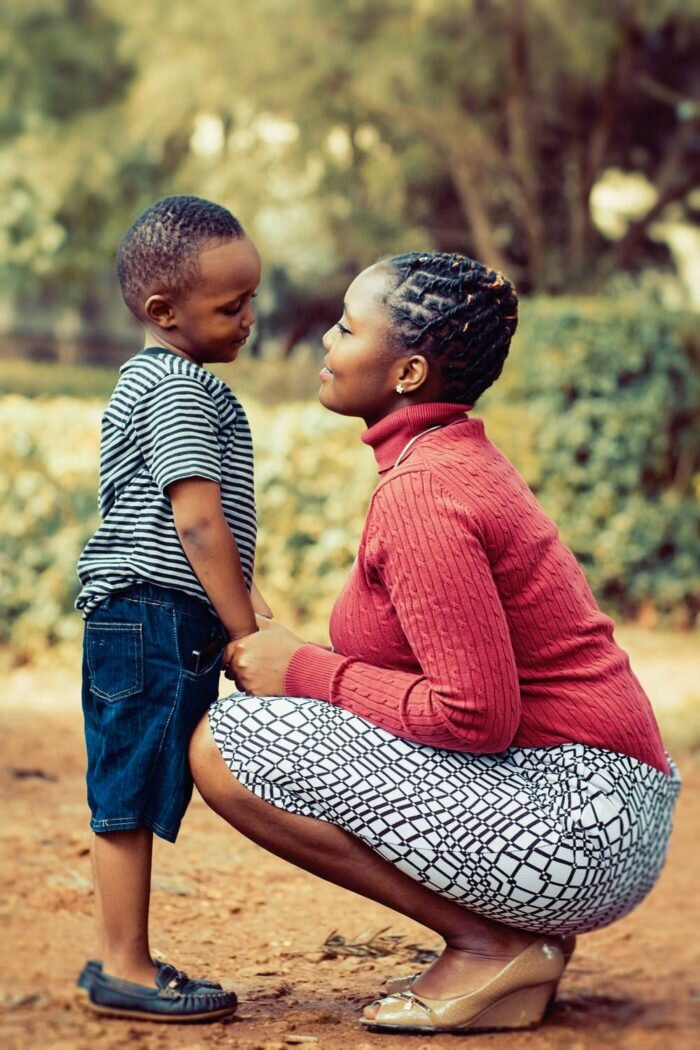How to Help Your Child Cope with COVID-19
It’s a confusing, stressful, and weird time for us all. Your children are home from school and unable to participate in any of their previous social activities. They likely have a lot of questions and might be having hard time articulating how they feel about all of this. There’s tons of information out there regarding breaking down this public health crisis for your kiddos, and it can be challenging to know what’s best. We’ve rounded up expert recommendations to help you decide what to share with your children.
Don’t be afraid to talk about it
It’s reasonable to assume that you might scare your children more by talking about the pandemic. But your children already know something is up, whether or not they’ve spoken up. It’s best that they hear the details straight from you rather than putting together rumors or snippets of the news they might pick up.
The most important part of this conversation is that you remain calm and assure them you are doing everything you can to keep them safe. Don’t worry about not being an expert yourself—it’s about the way you say it, not exactly what you say.
Be developmentally appropriate
The conversation will look different depending on how old your children are. To tailor the discussion to your child, ask them what they know and if they have questions. This way you’ll get a starting point and most directly address their concerns.
We also like some of the visuals that are out there to help guide these conversations. You could read this comic by Malaka Gharib together if it feels appropriate. Curious George also has a cute clip where the Man in the Yellow Hat teaches George how germs spread! Additionally, the CDC provided a fact sheet for kids to get accurate information across. It’s also helpful to remember that you don’t have to share it all at once, this is a conversation worth returning too!
Be reassuring
Remember our kids are always listening, so keep the anxiety-inducing adult conversations (such as food-shortage or job loss) behind a shut door. These worries will really add to their full plate right now. For the most part, children can be pretty self-focused—they’ll be worried about becoming sick themselves or that someone they know will be affected. Remember to let them know that kids like them are less likely to get sick, and you’re taking on the adult stuff!
Invite them do their part
Children like to help out. Make sure that they know their job is to wash their hands often. Be clear about what your family is doing to practice social distancing and how they can participate in germ busting! While they’re social distancing, it doesn’t mean they need to be socially isolated. Getting a group FaceTime going with their peers or family is important for them to feel connected. Connecting with others can be a part of their job too!
Keep up a routine
The whole family at home 24/7 is tough. One of the best things you can do at this time is keep up as much of a routine as possible. This will help to regulate your children and let them know what they can expect out of each day to reduce stress. Of course, it’s hard to keep focus if everyone’s feeling stressed. Conflict expert Judith Matloff suggests keeping a quarantine diary where your children can draw or write about their current anxieties. Taking some time to get the stressors out on paper can be helpful to return back to the routine happily.
Do you have ideas for how to talk to your children about COVID-19? Tag SmartSitting in your Facebook and Instagram posts so we can see your creative methods. Looking for more information about talking to children about sensitive topics? Make sure you sign up for our newsletter for all the latest info coming from our team!

